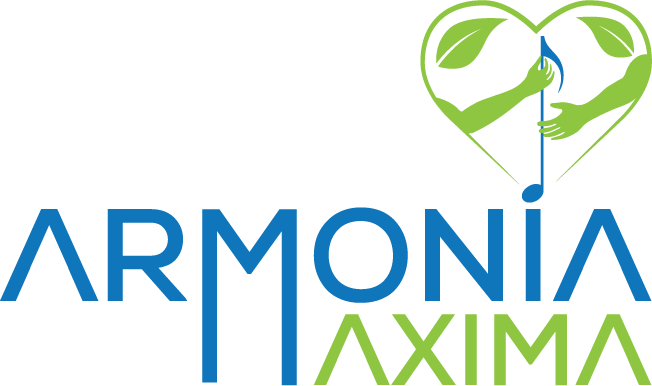About Greg
In three years as an Instructor for the University of Vermont’s End-of-Life-Professional Certificate Program, I’ve come to notice that people who are called to end-of-life work tend to fall into one of two categories. On the one hand, there are those who have accompanied a loved one on a particularly difficult death journey, and who now feel called to help others avoid a similar experience. On the other hand, there are those who’ve witnessed the deep meaning, love, and lasting memories that can be the unexpected gifts of a more prepared, intentional, and supported death journey. I’ve experienced both sides of this coin.
My mother died in 2010. She’d been diagnosed with cancer years earlier, but she kept from her family her doctor’s most recent prognosis that she only had months to live. She hid her pain from us, and never discussed her impending death. I’ve learned that there’s no right or wrong way to handle such a prognosis, and I don’t blame her for her choice. And yet I do regret not making the most of our remaining time together. I would have returned home to see her earlier. I would have asked some of those questions I’ll now never have a chance to ask. I would have made sure to let her know she didn’t have to face death alone.
Several years later, my father suffered a debilitating stroke shortly after learning his prostate cancer had metastasized. My decision to move back to Ohio from Madison, Wisconsin (which had been my home for nearly two decades), was surprisingly easy. I became Dad’s full-time caregiver for the last year of his life, and I quickly learned that I thrived in that role. With the support of my sister, my uncle, Dad’s pastor, our friends and neighbors, and a wonderful hospice team, Dad was able to embrace so many moments of his final months alive. With loving support and time for reflection, he was able to discover profound meaning in the life he’d lived. We took one last heroic road trip to hear his brother sing in a concert in Virginia. We made great memories. We grew closer, and he died at peace. A couple of weeks after he died, we held an incredible memorial service for him. (Any caregivers reading this will understand why we waited two weeks: I needed a nap!) I spent the next year largely processing my grief, decluttering, downsizing, and settling his affairs.
I had learned so much in caring for my dad, and I wanted to share it with others. I was proud that Dad’s life had ended well, but I couldn’t shake the realization that the reason he had such a good death was because of the resources and support available to him. What about people who don’t have family members who can uproot their lives to move back home? They of course matter, too. Who attends to the spiritual needs of someone who isn’t religious, who doesn’t belong to a church, and who might not be comfortable interacting with a chaplain? How can the support of the community be harnessed if there’s no one to answer the door? How does a caregiver connect with services they might not even know exist?
It was then that a friend asked me if I’d heard about end-of-life doulas. I hadn’t, but I immediately knew it was time to answer the call.
Credentials
University of Vermont’s End-of-Life Doula Professional Certificate
Trained by INELDA
Hands-on training as a hospice volunteer, Genesis Hospice, Zanesville, Ohio
Masters of Arts in Music Theory and Composition, University of Wisconsin-Madison
Bachelor of Arts, Kenyon College
In 2022, I became a Certified Funeral Celebrant at a training hosted by the Ohio Funeral Directors Association in partnership with InSight Institute
Experience
I was a Storylistening Doula Interventionist for the Vermont Conversation Lab from 2020-2022. Read more about my work with the lab here. Read the peer-reviewed article I co-authored about the study in this issue of Palliative Medicine Reports.
I’ve been a private-practice end-of-life doula since 2020.
I have experience as a round-the-clock family caregiver, and as a weekly hospice volunteer.
I’ve been an instructor at the University of Vermont’s Larner College of Medicine’s End-of-Life Doula Professional Certificate Program since 2020.
I’ve also instructed the groundbreaking companion animal end-of-life doula course.
I’ve presented my work to undergraduate students in a Death and Dying seminar, and I co-facilitated a workshop at the End-of-Life Symposium in Las Vegas, February 2023, hosted by City of Hope.
Musical and other interests
Formerly an Instructor of Music Theory at Muskingum University, I’ve mentored undergraduate music majors, guiding them to discover deeper meaning in the music they performed.
I’ve centered my life around music in many ways. In addition to teaching at the college level, I’ve given piano lessons to children, sung in many choirs, played keyboards in bands, and volunteered to make playlists for in-patient hospice residents. I love late-night conversations about how people of all cultures use music to make meaning in all stages of their lives, particularly during the final days and weeks.
At the 2020 national meeting of the American Musicological Society, I gave a talk on how university professors might adapt elements of the doula approach to care, holding space for students, slowing down in an effort to deepen conversations and learning.
More recently, my attention has turned to the study and practice of improv comedy and improvisational theater. I’ve learned that these skills form an unexpectedly effective tool in my doula tookit, particularly when it comes to holding space for clients with dementia.





